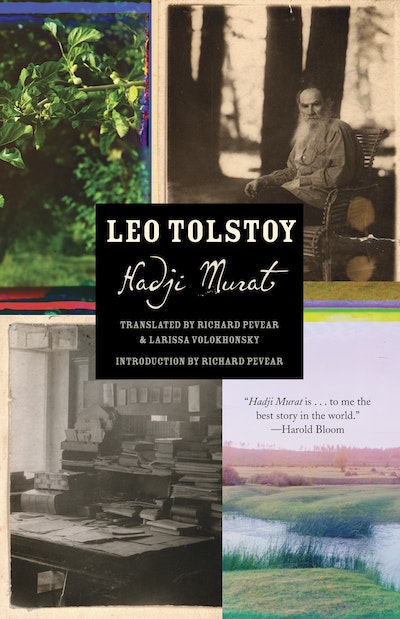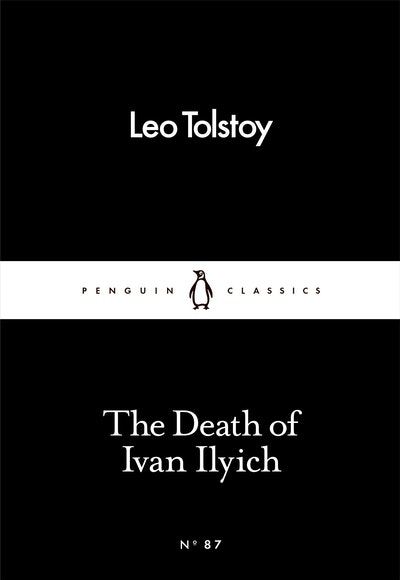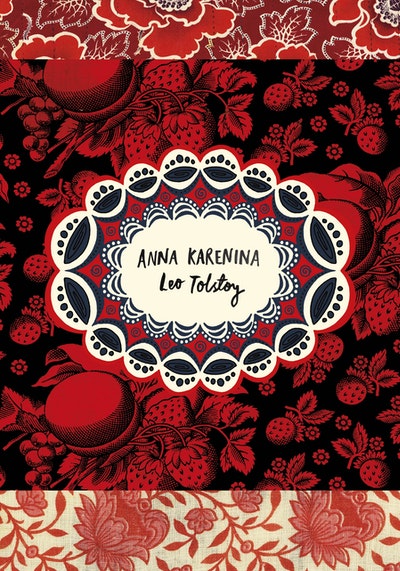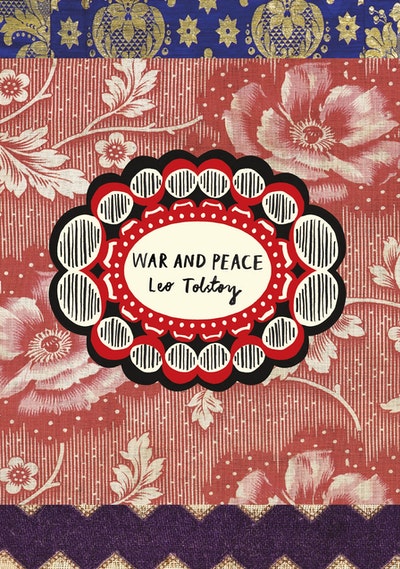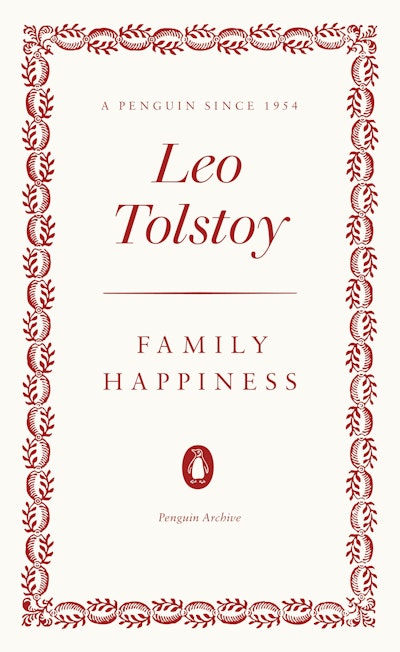[]
- Published: 15 October 2012
- ISBN: 9780307951342
- Imprint: Knopf US
- Format: Paperback
- Pages: 144
- RRP: $29.99
Hadji Murat
Buy from…
- Published: 15 October 2012
- ISBN: 9780307951342
- Imprint: Knopf US
- Format: Paperback
- Pages: 144
- RRP: $29.99
"My personal touchstone for the sublime of prose fiction, to me the best story in the world." --Harold Bloom
"My personal touchstone for the sublime of prose fiction, to me the best story in the world." --Harold Bloom
